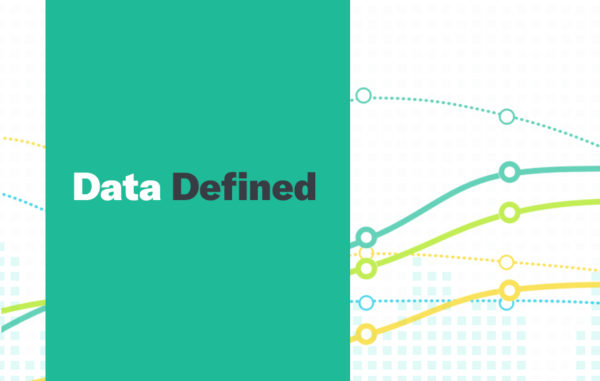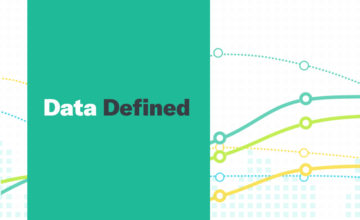Internet Control Message Protocol Defined
ICMP (Internet Control Message Protocol) is an error-reporting protocol which communicates information regarding network connectivity issues back to the source of the failed transmission. While ICMP is not used regularly in end to end-user applications, it is used by network administrators to troubleshoot Internet connections.
ICMP works by creating and sending messages to the source’s IP address, indicaticating that a gateway to the Internet cannot be reached for packet delivery. This is done by transmitting datagrams which consist of an IP header, encapsulating the ICMP data.
Error messages included in ICMP data include:
- Source quench message: A source quench message is a request to decrease traffic rate for messages sent to the host.
- Parameter problem: Mismatch of header checksum and received header checksum
- Time exceeded message: When fragments are lost in a network and are unable to reach host.
- Destination unreachable: A message generated by the host to inform the client that the destination is unreachable
- Redirection message: This message is a requests for data packets be sent on an alternate route.
Other protocol suites include:
In Data Defined, we help make the complex world of data more accessible by explaining some of the most complex aspects of the field.
Click Here for more Data Defined.


